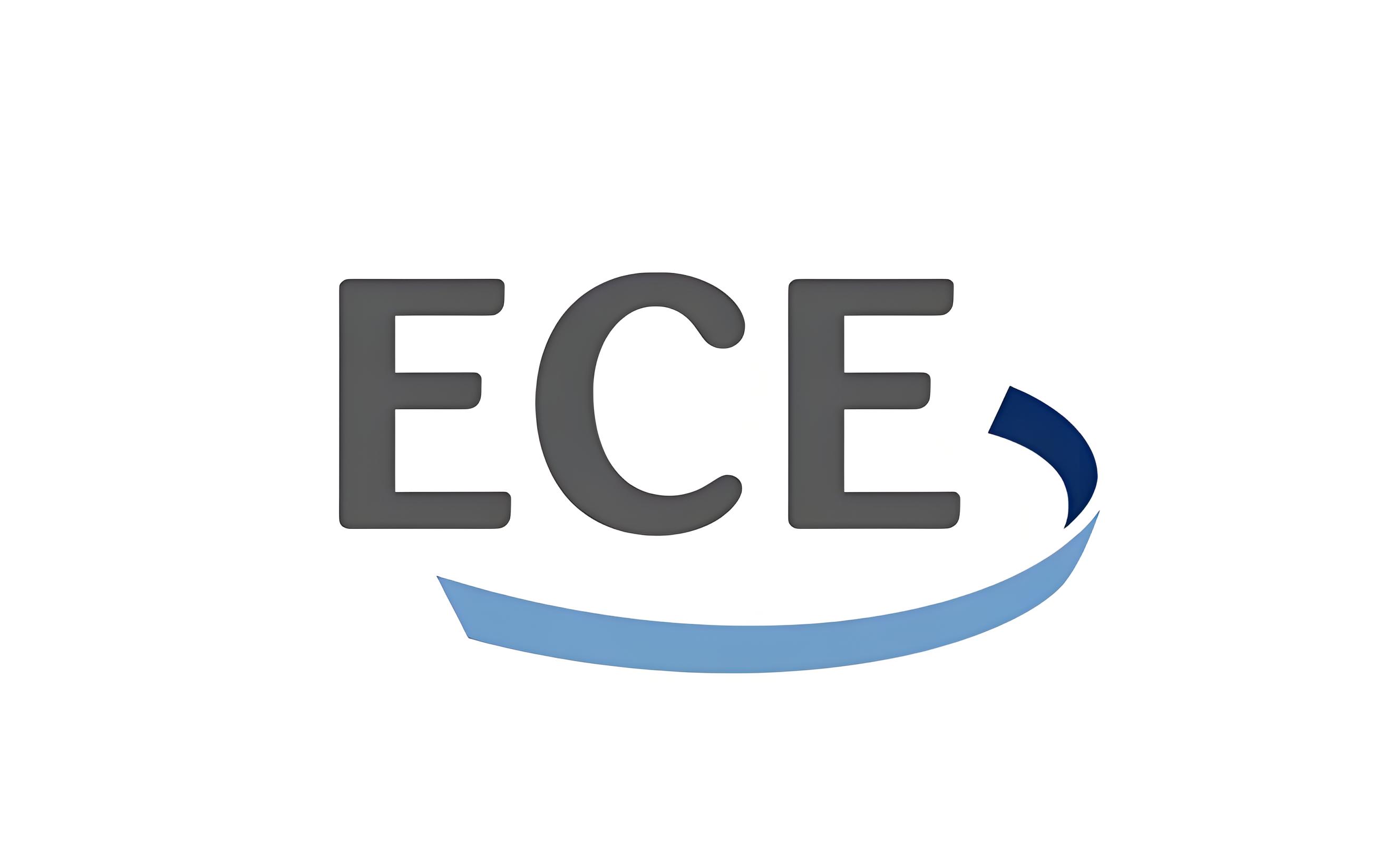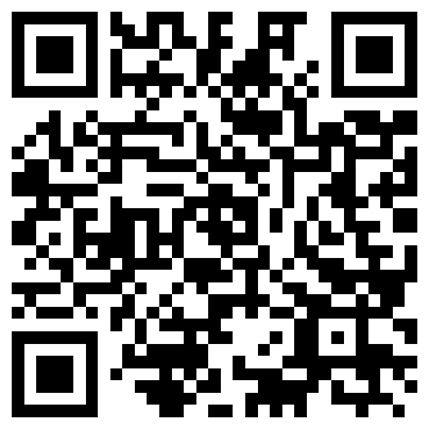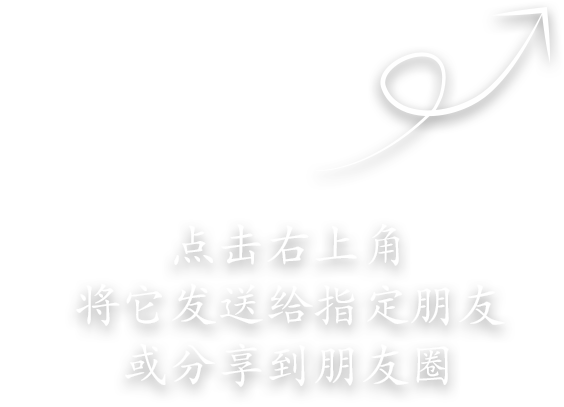
ECE certification is the abbreviation of the Economic Commission of Europe, which is based on the technical quality standards (ECE Regulation) formulated by the European Economic Commission. Authorized institutions conduct testing and certification of vehicles and major component products, and issue ECE certificates to qualified products.
In order to promote the exchange and trade of automotive technology among countries, at the initiative of Germany, France, Italy, and the Netherlands, the United Nations signed the "Agreement on the Unification of Conditions and Mutual Recognition of Approval of Quasi Motor Vehicle Equipment and Parts" (referred to as the "1958 Agreement", officially implemented on June 20, 1959) in Geneva, Switzerland on March 30, 1958.
The 1958 Agreement is a multilateral framework agreement with legal effect, aimed at developing and implementing unified automotive technical regulations (i.e. ECE regulations) for automotive products throughout Europe, and conducting unified type approval to break down the borders of European countries and facilitate automotive trade and technology exchange.
Currently, there are 50 countries that recognize ECE certification+
Germany, France, Italy, the United Kingdom, the Netherlands, Sweden, Belgium, Hungary, the Czech Republic, Spain, Serbia, Montenegro, Bosnia and Herzegovina, Austria, Luxembourg, Switzerland, Norway, Finland, Denmark, Romania, Poland, Portugal, Russia, Greece, Ireland, Croatia, Slovenia, Slovakia, Estonia, Latvia, Bulgaria, Lithuania, Macedonia, Ukraine, Malta in Europe;
EAC countries: Russia, Belarus, Kazakhstan, Armenia, etc;
South Africa, Tunisia, and Egypt in Africa;
Japan, South Korea, Malaysia, Thailand, Iran, Türkiye, Azerbaijan and Singapore in Asia;
Australia and New Zealand in Oceania.
Colombia in South America


